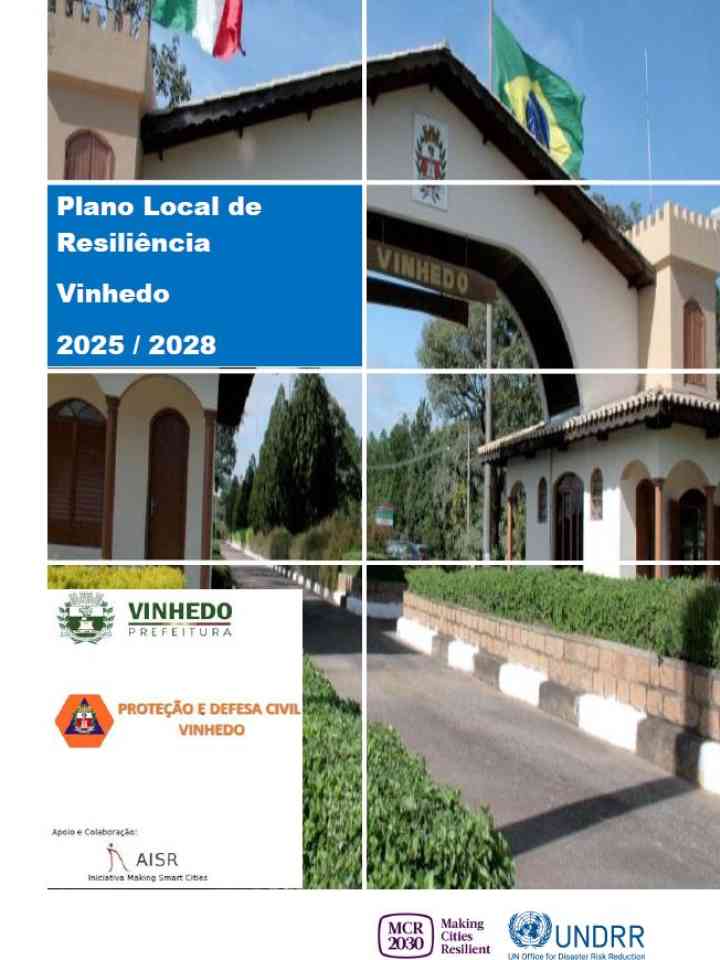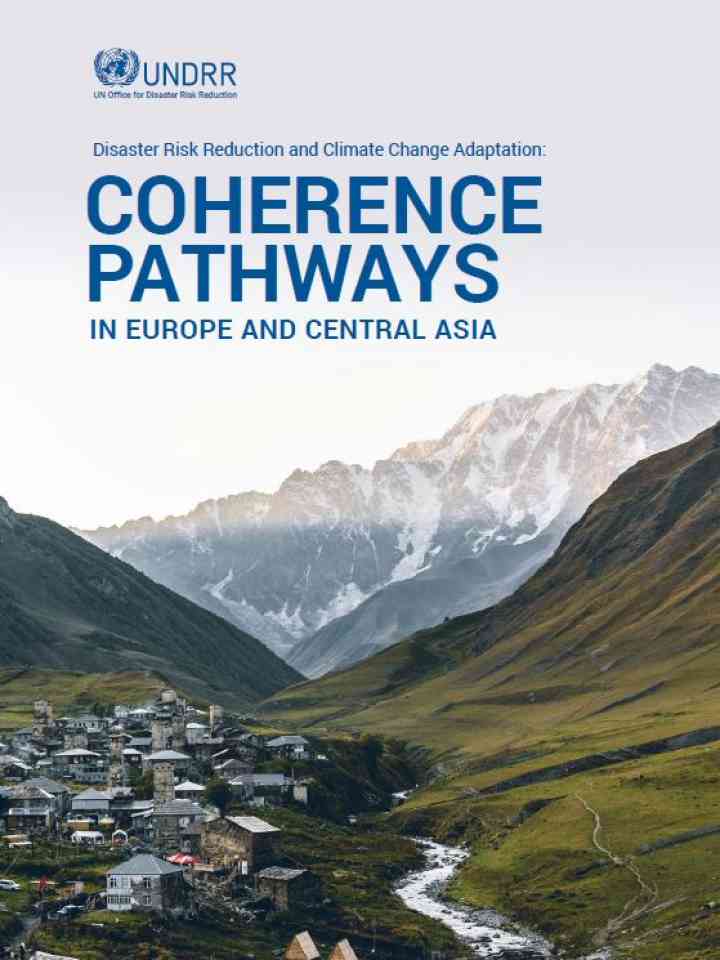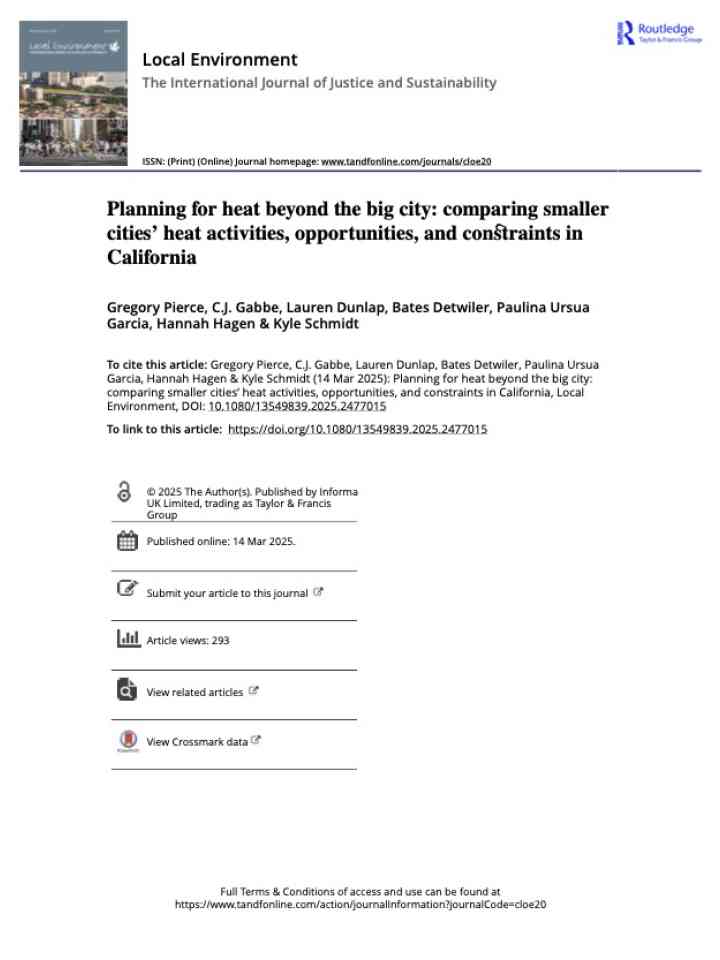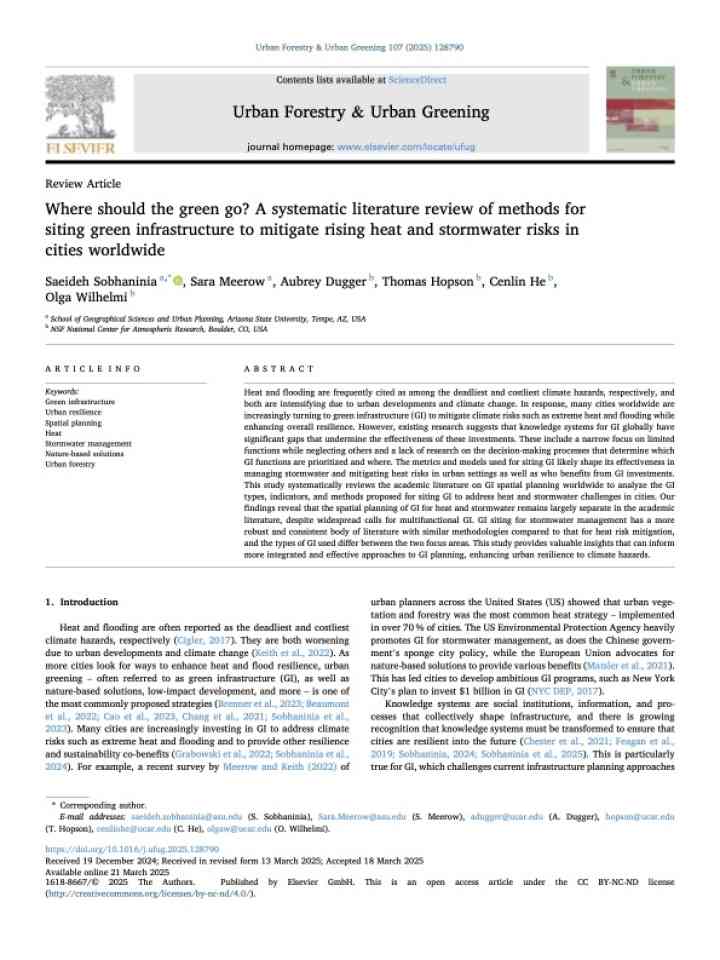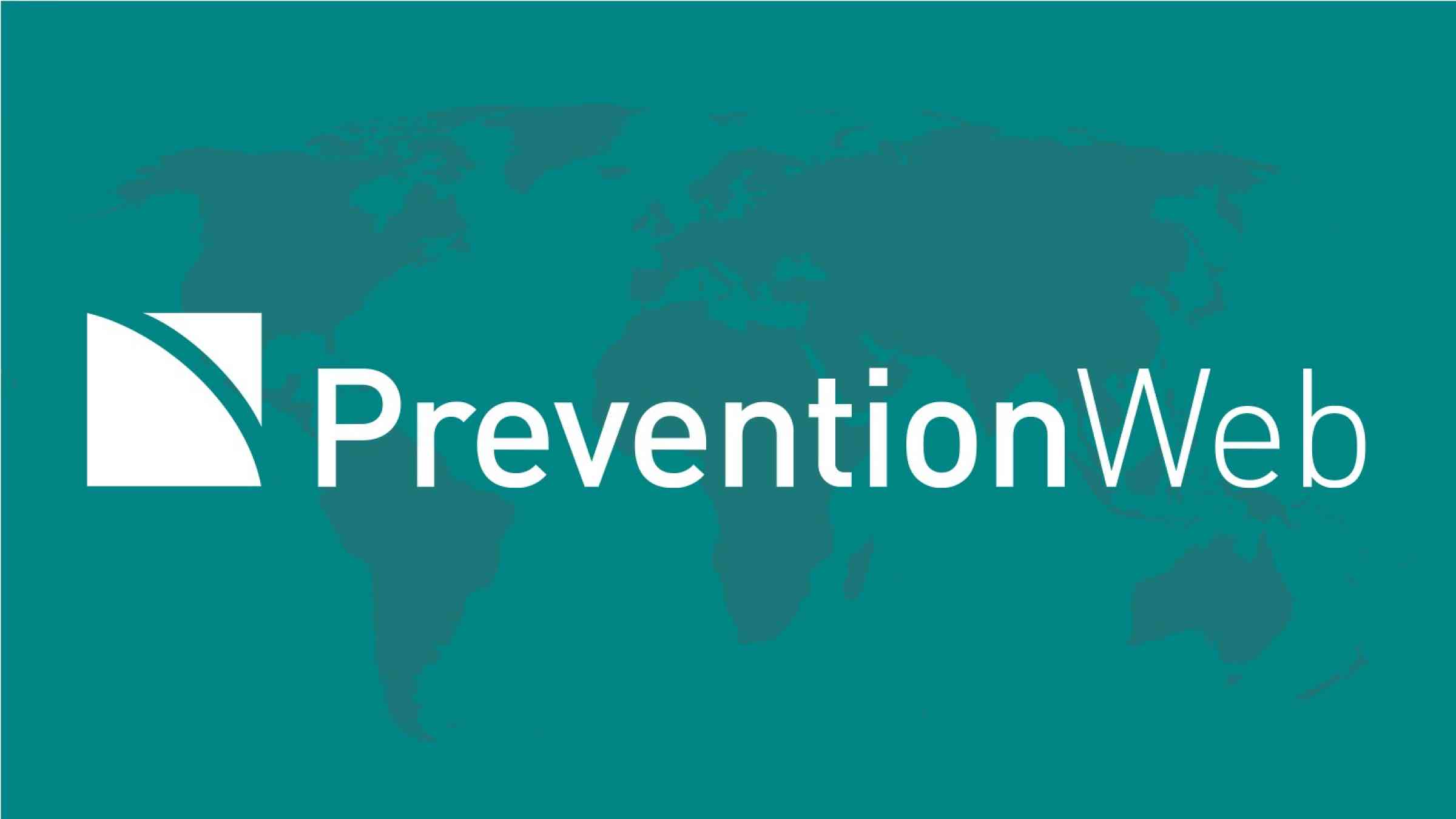Disaster risk management
Disaster risk management is the application of disaster risk reduction policies and strategies to prevent new disaster risk, reduce existing disaster risk and manage residual risk, contributing to the strengthening of resilience and reduction of disaster losses.
This theme covers aspects related to preparedness, contingency planning, disaster response plans, and prevention.
Latest Disaster risk management additions in the Knowledge Base


